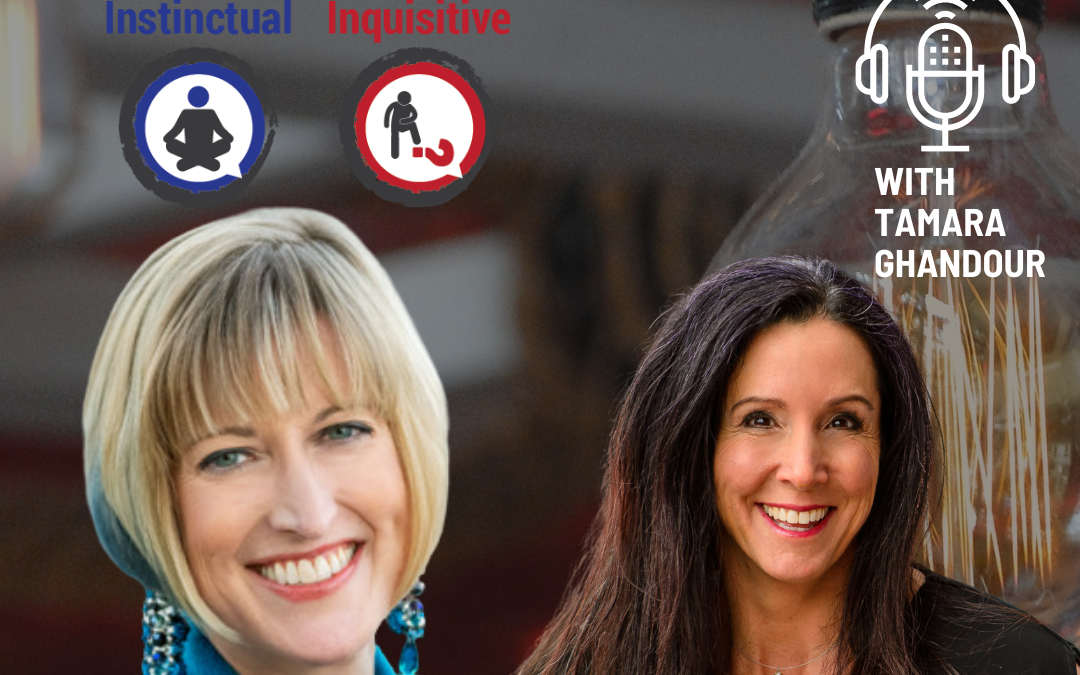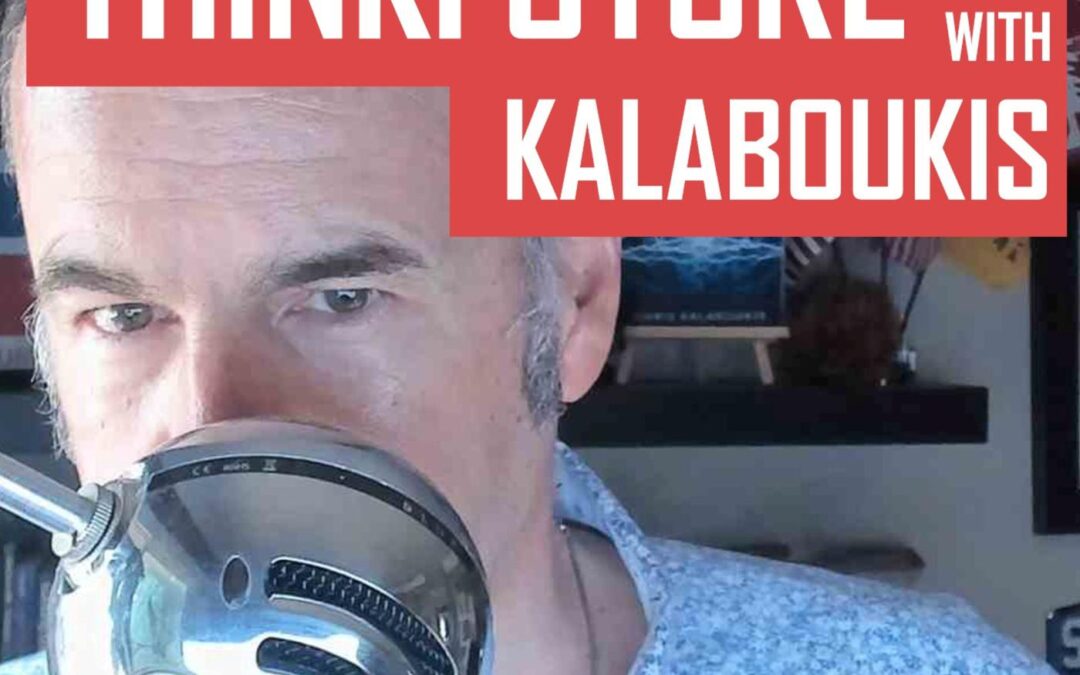
by Robyn Bolton | Apr 5, 2022 | Innovation, Stories & Examples
“That’s not how we do it here.”
Very few phrases induce more eye-rolls or are more effective in shutting down change than that.
But how can you argue when “how we do it here” works (for now), is what everyone knows, and is “consistent with our culture?”
You go Bananas!
In March, my husband and I traveled to Savannah to watch the Savannah Bananas play their cross-town rival, the Party Animals.
Over a year ago, I became obsessed with the Bananas, a collegiate summer team, and their unique brand of baseball known as Banana Ball. The rules are as follows:
- Every inning counts: The team that scores the most runs in an inning gets 1 point, and the team with the most points at the end of the game wins.
- Two-hour time limit: If the game is tied at the end of nine innings or 2 hours, then there is a…
- 1:1 Showdown Tiebreaker: In the event of a tie, 3 players are on the field (pitcher, catcher, fielder) and 1 batter who has to hit a home run or, well, it gets complicated and chaotic, so click here to get the details
- No stepping out of the batter’s box
- No mound visits
- No bunting
- No walks: If a 4th ball is thrown, the batter takes off running, and every defensive player must touch the ball before it becomes live and a play can be made
- Batters can steal first (I have been advocating for this since 1995, no joke, ask my dad)
- If a fan catches a foul ball, it’s an out
Lest you think I’m the only crazy person who would travel for this spectacle, there were people from 24 different states at the game. The Bananas have led their league in attendance since 2016 and set a record in 2018 with 118,262 fans over 25 games.
Lest you think the Bananas are the Harlem Globetrotters of baseball, they won the Coastal Plain League in 2016 and 2021, and 8 Bananas were drafted in 2021.
So yeah, they’re good, too.
It started with “What if”
Despite record attendance and a championship in their first season, the Bananas’ owner, Jesse Cole, wasn’t satisfied. Even though they created a fans first experience, people were still leaving before the game ended.
You can read the full story of how Banana Ball was born, but here’s the gist:
- Jesse’s dad said, “What if every inning was match play and whoever won the inning got a point?”
- Jesse, the front office team, and the head coach brainstormed a handful of rule changes to “highlight the more exciting parts of baseball while also countering the slower aspects of the game that tend to bore your average fan.”
- Jesse called his college baseball coach, then the head coach at Lander University, and asked if they could play a game with the new rules as an experiment. The answer, “Why not?”
- It worked! The players loved it. The coaches loved it. Even the players’ girlfriends, who usually sat in the stands in did their homework, watched every minute.
- They kept experimenting. Over 1.5 years (from 2018 to 2020), the Bananas kept tweaking the rules, adding new ones and removing ones that didn’t contribute to the goal of more excitement and a better fan experience.
What’s your Banana Ball?
Why am I telling you all this (besides the fact that I am obsessed)?
Because if a collegiate summer league team with a silly name can up-end (even in a small way) an institution as stodgy as baseball and convert its grumpiest purists, you can too!
Follow the playbook:
- Don’t ever be satisfied: Things can always be better. It’s great to start with a sell-out, but if people don’t stick around, there’s an opportunity to improve.
- Define your Why. What is your version of “highlight the more exciting parts of baseball while also countering the slower aspects of the game that tend to bore your average fan.”
- Ask What if. Use analogies like Jesse’s dad did when he transplanted golf’s match play to baseball.
- Run small experiments with friendly people. The Bananas didn’t play Banana Ball rules in the first game after drafting the rules. They called a friend and ran an experiment.
- Gather all the data. The Bananas knew that the payers had to enjoy playing by Banana rules for them to stick, so they asked for feedback. They also realized that the girlfriends’ behavior change was data, even if it’s not the data the experiment was designed to collect.
- Keep experimenting. One success is just that. You need a second, a third, and a whole bunch more before being confident it will last.
- Have fun. Baseball is a business, but it’s also a game. Your job can be both, too.

by Robyn Bolton | Mar 29, 2022 | Innovation, Leadership, Metrics, Strategy
“We need to be more innovative.”
How many times have you said or heard that? It’s how most innovation efforts start. It’s a statement that reflects leaders’ genuine desire to return to the “good ol’ days” when the company routinely created and launched new products and enjoyed the publicity and growth that followed.
But what does it mean to “be more innovative?”
Innovation’s ABCs
A is for Architecture
Architecture includes most of the elements people think of when they start the work to become more innovative – strategy, structure, processes, metrics, governance, and incentives.
Each of these elements answers fundamental questions:
- Strategy: Why is innovation important? How does it contribute to our overall strategy?
- Structure: Who does the work of innovation?
- Process: How is the work done?
- Metrics: How will we know when we’re successful? How will we measure progress?
- Governance: Who makes decisions? How and when are decisions made?
- Incentives: Why should people invest their time, money, and political capital? How will they be rewarded?
When it comes to your business, you can answer all these questions. The same is true if you’re serious about innovation. If you can’t answer the questions, you have work to do. If you don’t want to do the work, then you don’t want to be innovative. You want to look innovative*.
B is for Behavior
Innovation isn’t an idea problem. It’s a leadership problem.
Leaders that talk about innovation, delegate it to subordinates and routinely pull resources from innovation to “shore up” current operations don’t want to be innovative. They want to look innovative.
Leaders who roll up their sleeves and work alongside innovation teams, ask questions and listen with open minds, and invest and protect innovation resources want to be innovative.
To be fair, it’s incredibly challenging to be a great leader of both innovation and operations. It’s the equivalent of writing equally well with your right and left hands. But it is possible. More importantly, it’s essential.
C is for Culture
Culture is invisible, pervasive, and personal. It is also the make-or-break factor for innovation because it surrounds innovation architecture, teams, and leaders.
Culture can expand to encourage and support exploration, creativity, and risk-taking. Or it can constrict, unleashing antibodies that swarm, suffocate, and kill anything that threatens the status quo.
Trying to control or change culture is like trying to hold water in your fist. But if you let go just a bit, create the right conditions, and wait patiently, change is possible.
Easy as 123
The most common mistake executives make in the pursuit of being “more innovative” is that they focus on only A or only B or only C. But, as I always tell my clients, the answer is “and, not or.”
- Start with Architecture because it’s logical, rational, and produces tangible outputs like org charts, process flows, and instruction manuals filled with templates and tools. Architecture is comforting because it helps us know what to do and how.
- Use Architecture to encourage Behavior because the best way to learn something is to do it. With Architecture in place (but well before it’s finished), bring leaders into the work – talking to customers, sharing their ideas, and creating prototypes. When leaders do the work of innovation, they quickly realize what’s possible (and what’s not) and are open to learning how to engage (behave) in a way that supports innovation.
- Leverage Architecture and Behavior to engage Culture by creating the artifacts, rituals, and evidence that innovation can happen in your company, is happening and will continue to happen. As people see “innovation” evolve from a buzzword to a small investment to “the way we do business,” their skepticism will fade, and their support will grow.
Just like the Jackson 5 said
ABC, It’s easy a 123
Architecture, behavior, culture – they’re all essential to enabling an innovation capability that repeatedly creates new revenue.
And while starting with architecture, building new leadership behaviors, and investing until the culture changes isn’t easy, it’s the 123 steps required to “be more innovative.”

by Robyn Bolton | Mar 23, 2022 | Customer Centricity, Innovation, Stories & Examples
“He’s just not that into you.”
That sentence is usually uttered as tough-love advice to a friend who can’t seem to let go of a guy that’s clearly let go of her. A few weeks ago, it was tough love advice to one of my friends who couldn’t understand why customers weren’t swooning over his company’s newest product.
They didn’t hate.
But most didn’t like it enough to buy it.
It wasn’t rejection that was killing the business. It was apathy.
It was painful to witness.
It is also solvable.
Breeding apathy
I’m a baseball fan. I’m also the first to admit that baseball breeds apathy amongst its fans.
4-hour games. At-bats that feel like 4 hours. Fan involvement that is limited mainly to the Wave and the 7th Inning Stretch. It’s boring.
Unless you’re in Savannah, GA.
If you’re in Savannah to see baseball, you show up 2 hours before the game starts. When the gates open, you rush to your seats because you don’t want to miss a moment of the pre-game festivities. During the game, you bounce in and out of your seat so much that it counts as a workout. After the game, you spend another hour dancing and singing with the band and the team. By the time you get home, your voice is hoarse, your head is spinning, and you swear you never knew a baseball game could be so fun.
It’s bananas. The Savannah Bananas.
Converting the apathetic into raving fans
How do they do it?
How does a collegiate summer baseball team sell out every game since 2016 and routinely attract people from around the world?
More importantly, what can you (and my friend) learn from them?
1. Do Your (customers’) Job (to be Done).
Most people go to baseball games to have fun and make memories. Most MLB franchises are focused on making a profit and winning trophies. Not a whole lot of overlap there.
The Bananas promise “to provide an electric atmosphere at all of our games! Our fans come first, and we’re dedicated to entertaining you!” There’s a complete overlap between what the fans want – have fun and make memories – and what the Bananas offer.
2. Deliver an end-to-end experience
For most businesses, designing and delivering an end-to-end experience is about investing in technology to make buying their products “frictionless” and training customer service to be more “helpful.”
The Bananas invest in delivering delight. Here’s what happened after I spent a whopping $50 to buy two tickets:
- I received an email telling me I had just made the “best decision of my life” and sharing a video of the “live” view of their offices when my order came in (dancing and chaos)
- Three days later, Carson called to thank me for buying tickets
- Two weeks before the game, they emailed to help me “mentally prepare” for the experience.
- One week before the game, they sent a permission slip to give to my boss to get out of work early.
- On gameday, they emailed a Spotify playlist so we could prepare for the game
- The day after, they emailed a handwritten thank you note from the owners
- A week after the game, they emailed a video montage of the game we attended
3. Be human
Most companies “run lean” and use technology to improve efficiencies because humans are expensive.
The Bananas are human. Carson emailed the permission slip. She also called to thank me for buying tickets. Nick sent the gameday email. He also gave me the wristband required to get to our seats. The owner, Jesse Cole, spent the night running around in a yellow tuxedo hyping up the crowd. His wife wrote a thank you letter.
4. Give thanks. No strings attached
We’ve all received the “Thank You for Your Purchase” email after an online transaction. We also know that the email will ask for something more – track your package, write a review, post on social media, buy another product.
The Bananas say, “Thank You,” then give you something more – a funny video, a permission slip, a Spotify playlist, a handwritten thank you note. They don’t ask you to buy merchandise or post about your experience on social media, or leave them a review.
5. Care
If you don’t care about your product, no one else will.
In a world of baseballs, be a banana.
There are dozens of other things the Savannah Bananas do that make them unique and delightful that your business (and MLB) would struggle to copy.
But there are at least five things you can copy to stave off customer apathy and inspire die-hard, life-long, “tell all your friends” loyalty.
What did I miss? What have YOU experienced or done to be a banana?




